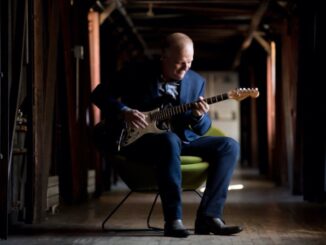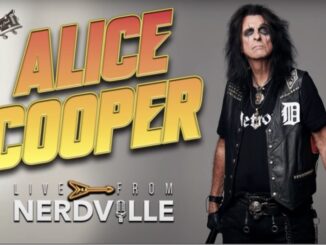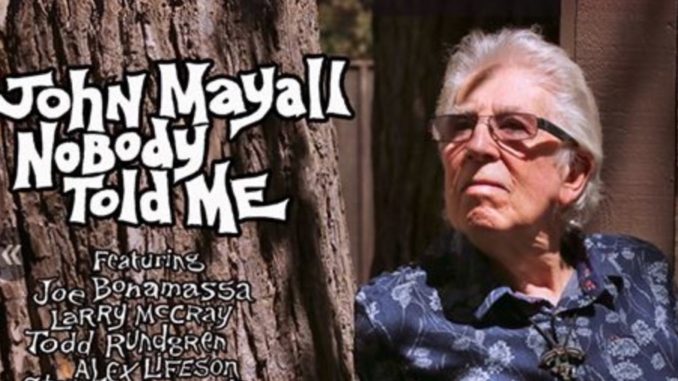
By PATRICK O’HEFFERNAN
I have been listening to John Mayall ever since I outgrew doo wop. Although he was in England and I was in California, he introduced me to that unique American art form, the blues, a gift for which I will be eternally grateful.
I will also be eternally grateful that he had the good sense to leave England for the California sunshine, where I could l see him live – which I have several done times. Mayall’s albums were – and are – stuffed with songs each of which has an individual personality and yet all sound like they come from the same family. Today he’s releasing Nobody Told Me, his 36th album in a career that spans a half century, and I am honored to talk with him about it and about his remarkable career.
Patrick. Congratulations on the new album out today. I understand it came together pretty quickly – is that right?
John. When I make an album, it doesn’t take much more than a week; you know, three days in the studio for the backing tracks and in this case, we sent the backing tracks when they were completed to various notable guitar plays who wanted to join in on it.
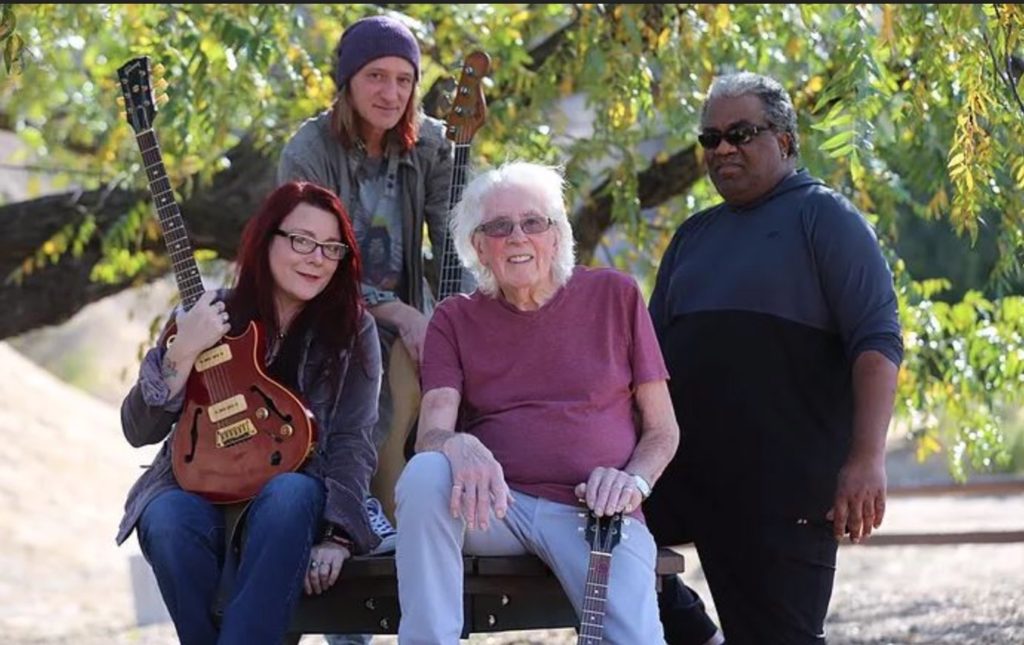
Patrick. You brought together a fabulous group of musicians. I understand your thought on this album was to have a lot of guests artists. Did you just put out the call among friends and professionals you know and see who called back, or did you strategically pick the everyone on the recording?
John. Yes. I think that Eric Corne, the label manager, did a lot to spread the word about that, it is probably because I didn’t have a specific list but all these notable guitar players want to do it and they came forward. The one who was in town in Los Angles was Joe Bonamassa, the others just sent the completed backing tracks and they did a wonderful job.
Patrick. Your song “What Have I Done Wrong” is good, solid blues – great solid blues. Joe Bonamassa is on that song – along with some other artists. was he in the studio with you when you recorded it.
John. Yes, he was in LA so he was very eager to come down and put his mark on it. As you just said, really fiery stuff.
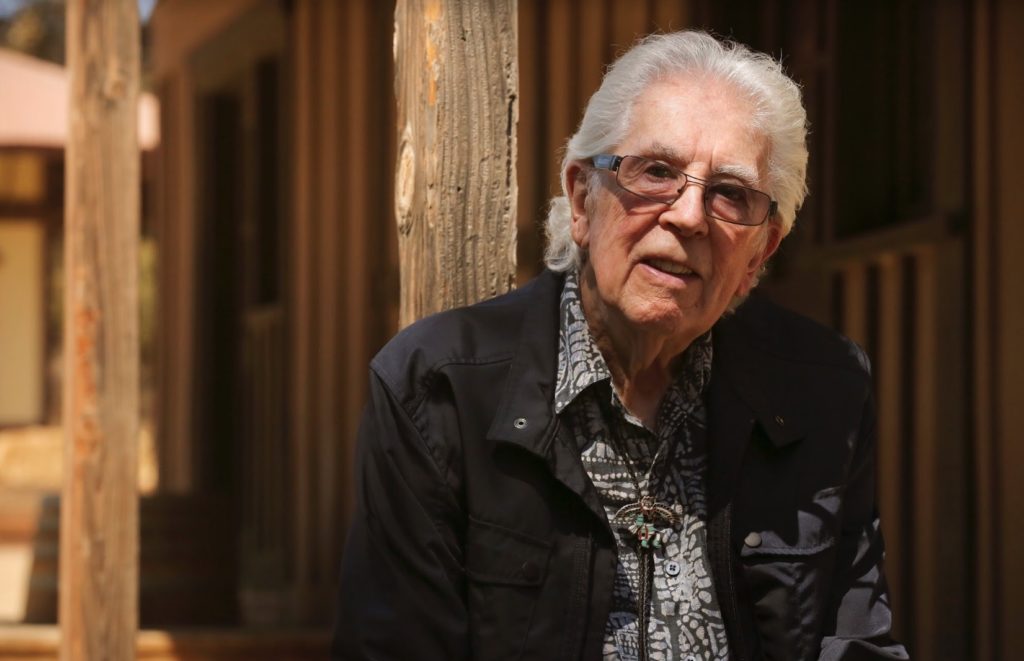
Patrick. is that the way you like it, to record with folks in the studio as much as you can?
John. Well, the intention is to capture the live feeling of it. We never do more than a couple of takes for any song. If it starts to get more than that it is obviously not quite the right one. We have to feel really enthused about the tracks. Normally we do everything as close to live as we can and then we put the odd bits and pieces on afterward and I do the vocals afterwards. It is a building process and we enjoy every minute of it.
Patrick. Of course! In following you over the years, it seems that you give people who play with you a lot of freedom. That is not always easy – it requires a high level of trust in them and a high level of confidence in yourself and your own abilities. Have you always been that way – trusting and self-confident?
John. Yes, I totally trust them. Because if they are in my band it is because I want to hear what they do. So there is total freedom. We have the bones of the song to work with but once we know what the song is, they have total freedom to explore it the best way they can whichever way they want to take it. That is why it has always been an exciting thing to capture.
Patrick. Maybe that’s why your songs are all unique, all full of spontaneity and yet are instantly recognizable as a Mayall song. Another song from the upcoming album that is good solid gut-wrenching blues is “Evil and Here to Stay”, featuring Alex Lifeson of Rush. I especially love the piano in there. Is that you on the ivories in “Evil and Here to Stay”?
John. Yes, I always do all the keyboards. That’s my main instrument now. I have a lot of fun with that, using different keyboards – the Hammond organ on some of the tracks, the electric keyboard. Anything with a keyboard I like to play.
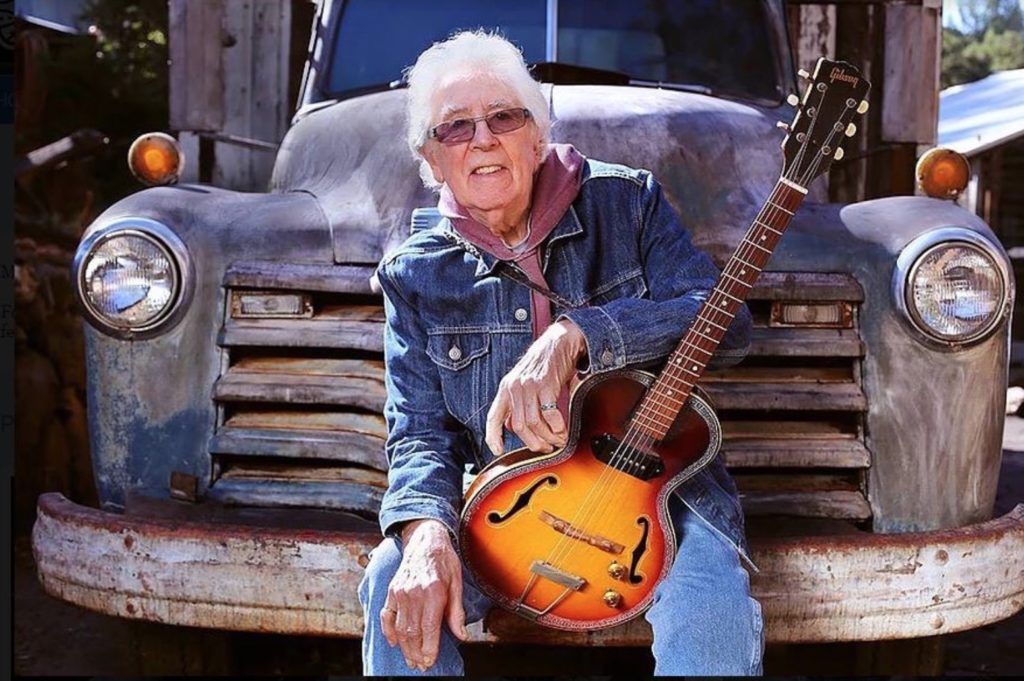
Patrick. One of my favorite albums is Padlock On The Blues. As I listen to that album and then to the new one, it struck me how fresh and creative Nobody Told Me Is. How do you sustain your high level of creativity?
John. I don’t know. Everything comes from the heart. That is the reason to choose a song. Once you start to play it, it’s important to capture that emotion,. That is what I have always done.
Patrick. Carolyn Wonderland is joining you on this tour for this album. Although you have worked with women over the years – Mavis staples on Wake Up Call, Shannon Curfman, others, and you played with Carolyn before, what prompted you to add a woman to the tour. does that add a different quality to the music?
John. No, I don’t think so. I think all the players that I choose were chosen because of their performances and the way that they played and what they do with the instruments and guitar. Carolyn is one of the ones that I chose and that I wanted to play with., It worked at different festivals in the past. We were known to each other and she was very happy to do it. And we will have fun on the road.

Patrick. I am being pitched for a growing number of young female blues guitar players for my radio show – and all of the ones I see are very, very good – women like Jackie Venson, Patricia Vonne, Ally Venerable, and others. you have a longer view than I do – am I seeing something that has always been there or are women blues guitarists a new and growing force in blues?
John. I don’t think that the sex has come in it because a player who is enthused about the music and believes in it, doesn’t matter what sex you are as long as you can project something that is powerful and I think that it is very nice that women guitar players are coming to the fore and making people sit up and listen.
Patrick. Popular music has undergone a lot of changes – not just women with guitars. What kind of change have you seen specifically in blues music in your career?
John. Not specifically. I think that blues is something that always reflects the music that is going around us in a specific era. It is a personal kind of music and what it has over other things is how it is a voice as well as an instrument so it has always been with us and it always reflects what is going on around us at any given time. I think that’s one of the most important things about the blues and why it has lasted so long and will do.
Patrick. And of course, there are many kinds of blues so it has wide appeal (John: Yes!). There have been a lot of changes in the music industry itself – records to tapes to cd’s and to now streaming. Have these industry changes affected your career?
John. Not at all. I think the advance in technology has certainly helped because it allows you to capture more accurately perhaps what you are trying to say through your instrument. So I think technology has helped in that respect. But I don’t think technology has changed the music. It is just a tool of the trade.
Patrick. I have noticed a lot of bands – even blues bands – set up on stage with a pedal board the size of a small VolksWagon.
John. (laughing) No – we don’t have any of those.
Patrick. That’s good because I know you usually carry your gear. Do you still carry your own gear?
John. Yes. We have a small unit – 4 musicians plus one roadie and that’s it, and the roadie is also the driver. We do everything we can to make the music sound personal. It is a very big difference from bands with a big entourage. We just travel in a band just like in the 60s – nothing has really changed.
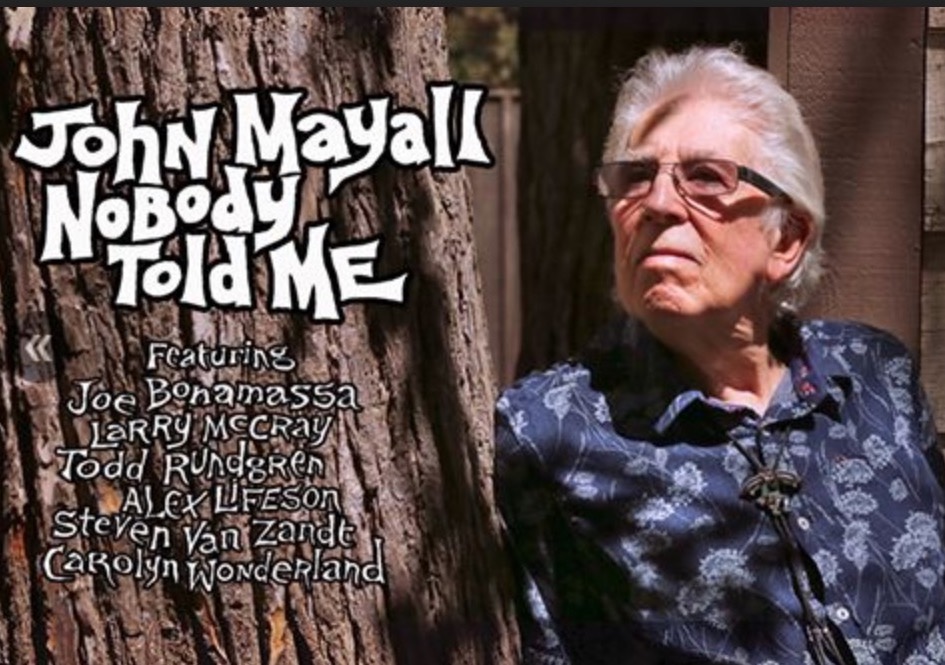
Patrick. You are kicking off a tour next week through Europe and then swinging back to the US in May. Are you excited – I know you love being on the road?
John Yea…I am always excited to go out and play. You can only sit around the house and do household things for so long and then you want to go out on the road again. I do over 100 shows on the road so that is a good percentage of time to make things interesting life.
Patrick. I understand you don’t use sheet music. Is that true?
John. I don’t read or write music. But the people I work with just know the blues, they know the music and it just falls together naturally We play to a structure we have worked out beforehand – it is easy to put it together.
Patrick. Wavy Gravy once famously said that you don’t stop dancing because you get old, you get old because you stop dancing. I think the same is true for playing and listening to the blues. John, thank you for taking the time today to talk with us, for giving us decades of great blues, and for giving us even more blues today in this wonderful new album, and for keeping us young.
John. Thank you for spreading the word about the blues and the album
Patrick O’Heffernan. Host, Music FridayLive!,
John Mayall https://www.johnmayall.com/
Nobody Told Me. released 2/22/19 available on the website and all digital platforms worldwide.


